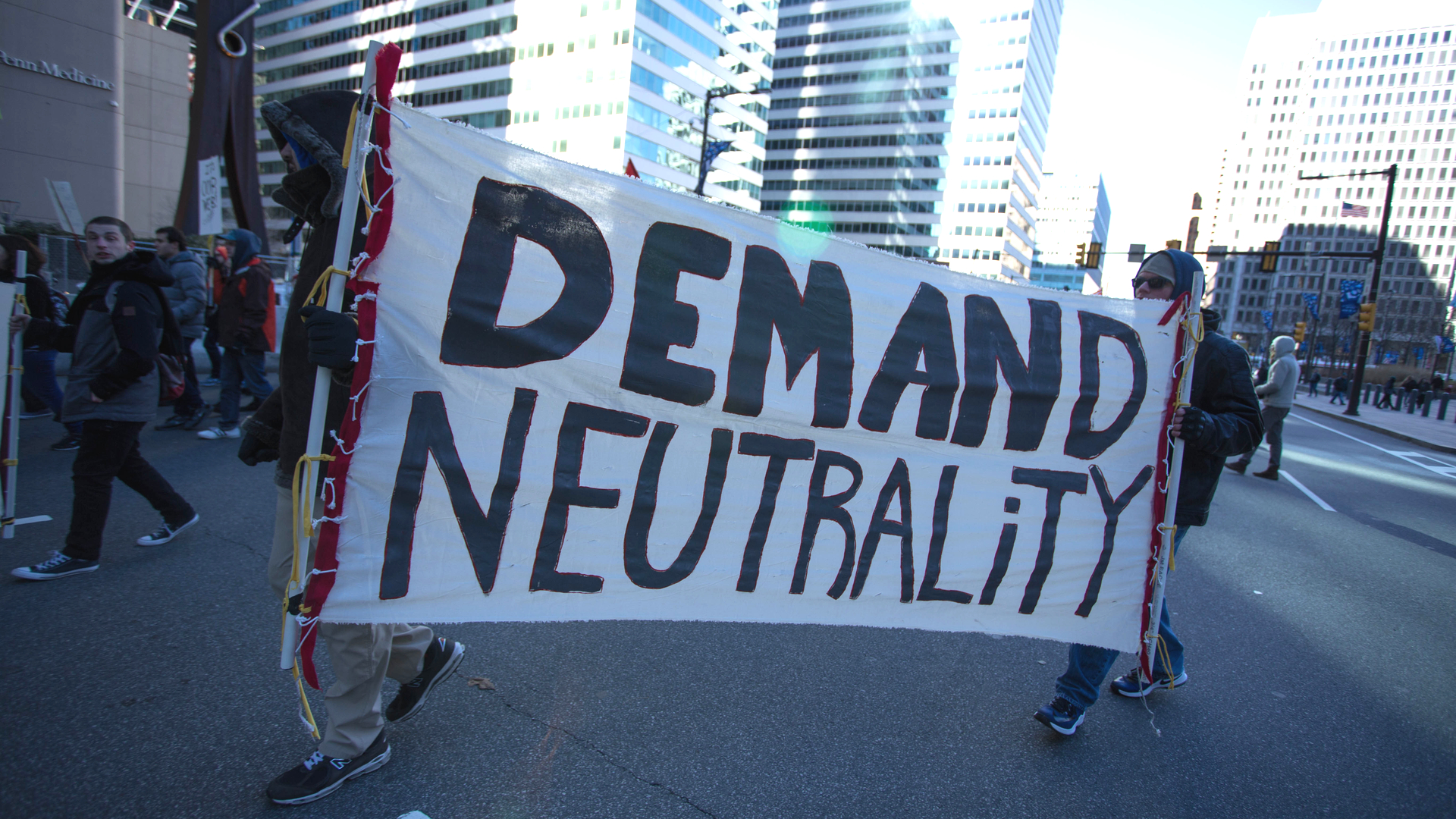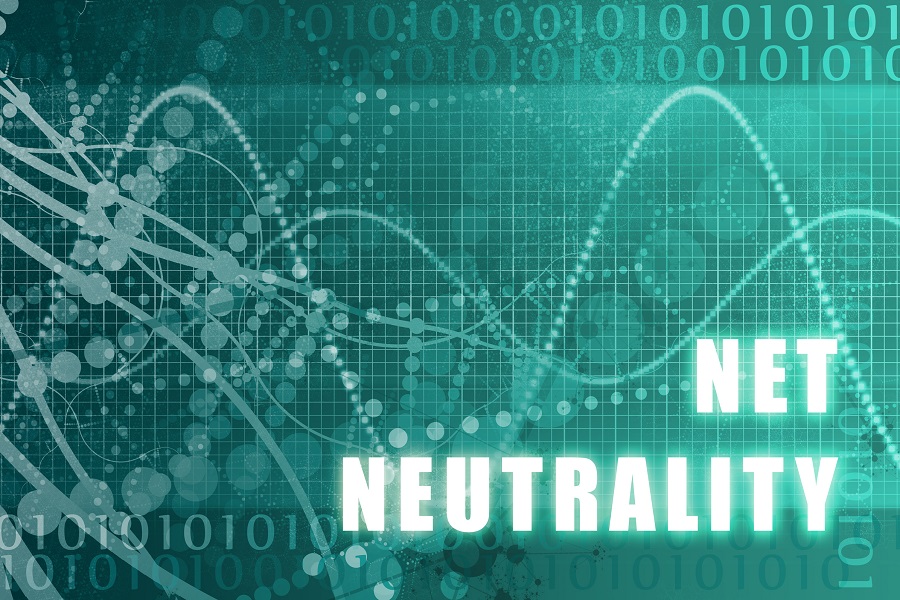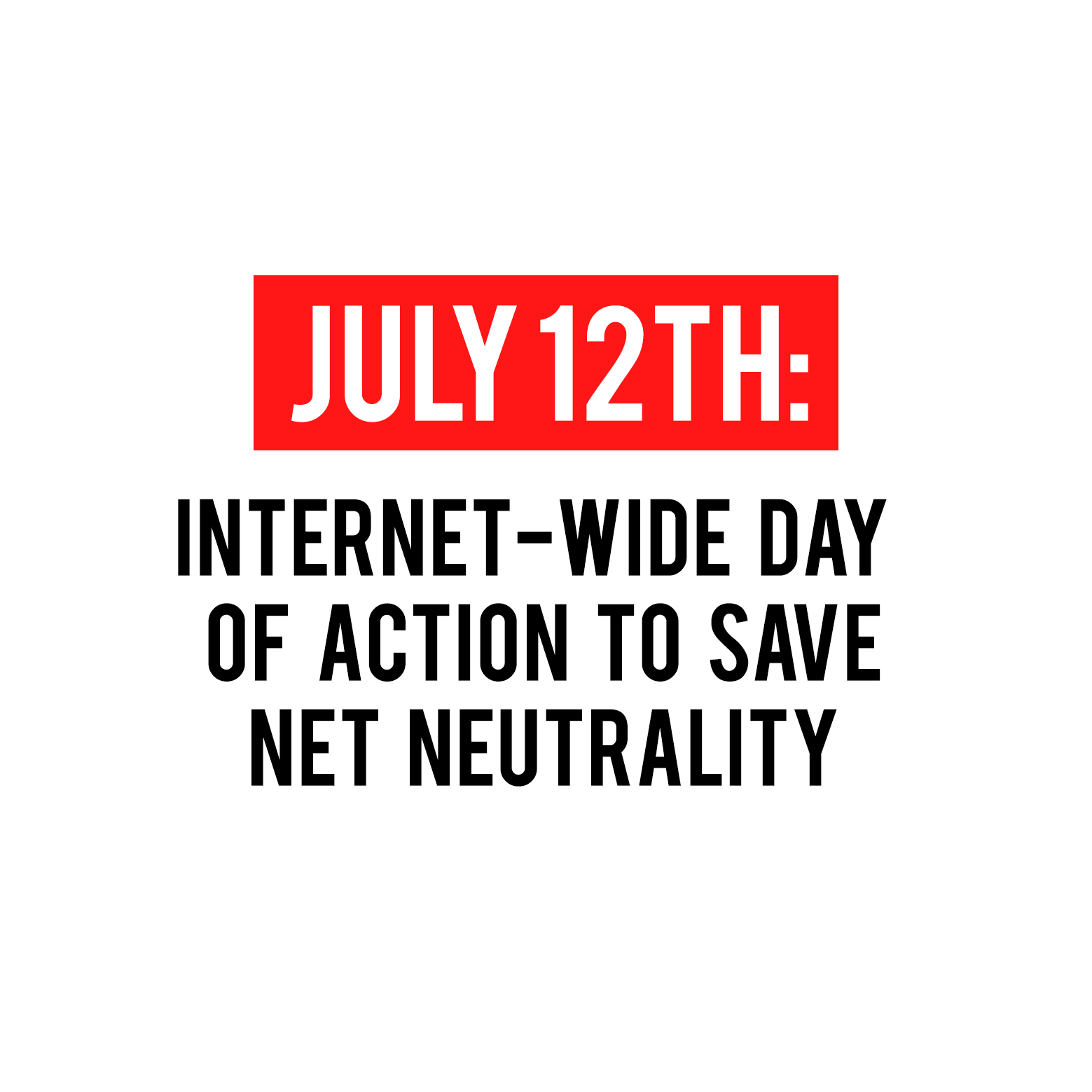Tata: 'No net neutrality in mobile broadband'
Executives claim traffic must be prioritised to manage the data explosion.


Mobile networks are cracking under the strain of increasing volumes of rich data.
To tackle this issue, executives from Tata Communications believe there needs to be some level of content prioritisation, enabling paying users or content providers to stream without delays, whilst still allowing standard mobile services to function.
During a keynote speech at the company's Analyst and Media Summit in Dubai, Allan Chan, executive vice president of mobility services for Tata, said: "Operators are currently doing fairly crude things to cover the strain, such as capping high data users [and] throttling."
"Those [methods] won't match what a consumer wants so they are on a collision course."
He claimed networks needed to move to "service-based broadband," which would enable either content providers to charge for spotless streaming of videos or users to download high quality gaming, at an extra price.
Of course, this raises the issue of net neutrality. Over the past two years, the debate has been raging as to whether ISPs could prioritise different fixed broadband traffic to ensure high performance for rich websites.
However, there was a rebellion, with even the likes of the BBC saying it was unfair to outfits unable to pay p the prices the providers were likely to charge for preferential treatment.
Get the ITPro daily newsletter
Sign up today and you will receive a free copy of our Future Focus 2025 report - the leading guidance on AI, cybersecurity and other IT challenges as per 700+ senior executives
When the issue was raised with Chan though, he answered by saying: "There isn't net neutrality on mobile networks yet."
John Landau, senior vice president of technology and services evolution at Tata, backed up his colleague. "Net neutrality was a fixed [broadband] concept and for mobile networks it is fair usage," he said.
"Your mobile provider doesn't want you to turn off, but from a fair usage perspective they are going to want to manage the media streams to give you a better experience. The network guys will never have enough bandwidth, with spectrum issues and everything else."
He added: "You want to keep the customer but you may have to adapt for certain services, such as companies wanting to deploy desktop on smartphone, a premium game or another media stream."
Landau claimed fair usage "gives a better deal to the consumer than net neutrality" but said regulation needed to ensure providers didn't have too much control. "Net neutrality is a great concept to ensure you don't end up with a walled garden, keeping people out," he added. "Most providers understand that... but you don't want to keep that [forsaking] customer experience."
Both executives concluded fair usage was necessary for mobile networks to handle the continual growth of data, whilst still giving the customer a network which performs.
You can read more news from the Tata Communications Summit on our sister title Cloud Pro.
Jennifer Scott is a former freelance journalist and currently political reporter for Sky News. She has a varied writing history, having started her career at Dennis Publishing, working in various roles across its business technology titles, including ITPro. Jennifer has specialised in a number of areas over the years and has produced a wealth of content for ITPro, focusing largely on data storage, networking, cloud computing, and telecommunications.
Most recently Jennifer has turned her skills to the political sphere and broadcast journalism, where she has worked for the BBC as a political reporter, before moving to Sky News.
-
 Cleo attack victim list grows as Hertz confirms customer data stolen
Cleo attack victim list grows as Hertz confirms customer data stolenNews Hertz has confirmed it suffered a data breach as a result of the Cleo zero-day vulnerability in late 2024, with the car rental giant warning that customer data was stolen.
By Ross Kelly
-
 Lateral moves in tech: Why leaders should support employee mobility
Lateral moves in tech: Why leaders should support employee mobilityIn-depth Encouraging staff to switch roles can have long-term benefits for skills in the tech sector
By Keri Allan
-
 US appeals court won't reconsider Net Neutrality repeal
US appeals court won't reconsider Net Neutrality repealNews BT and Microsoft among tech companies who backed the request
By Sabina Weston
-
 What is net neutrality?
What is net neutrality?In-depth We look at what net neutrality is and explore surrounding issues...
By Adam Shepherd
-
 US Congress wants tech CEOs to testify on net neutrality
US Congress wants tech CEOs to testify on net neutralityNews Congressional intervention could end the battle between the FCC and tech firms
By Dale Walker
-
 Tech firms come together for 'net neutrality' protest
Tech firms come together for 'net neutrality' protestNews Thousands of websites are conducting a huge online protest against an FCC proposal
By Zach Marzouk
-
 EU publishes net neutrality guidelines
EU publishes net neutrality guidelinesNews Regulators get tough on protecting net neutrality
By Rene Millman
-
 Telcos offer Europe 5G networks if EU weakens net neutrality
Telcos offer Europe 5G networks if EU weakens net neutralityNews Mobile companies say net neutrality threatens their returns on investment in 5G
By Aaron Lee
-
 Free Basics: India blocks Facebook's web service
Free Basics: India blocks Facebook's web serviceNews Telecom regulator rules that Free Basics would violate net neutrality
By Caroline Preece
-
 FCC upholds net neutrality with new rules
FCC upholds net neutrality with new rulesNews US web activists win long fight against telco providers to protect a free and open internet
By Joe Curtis